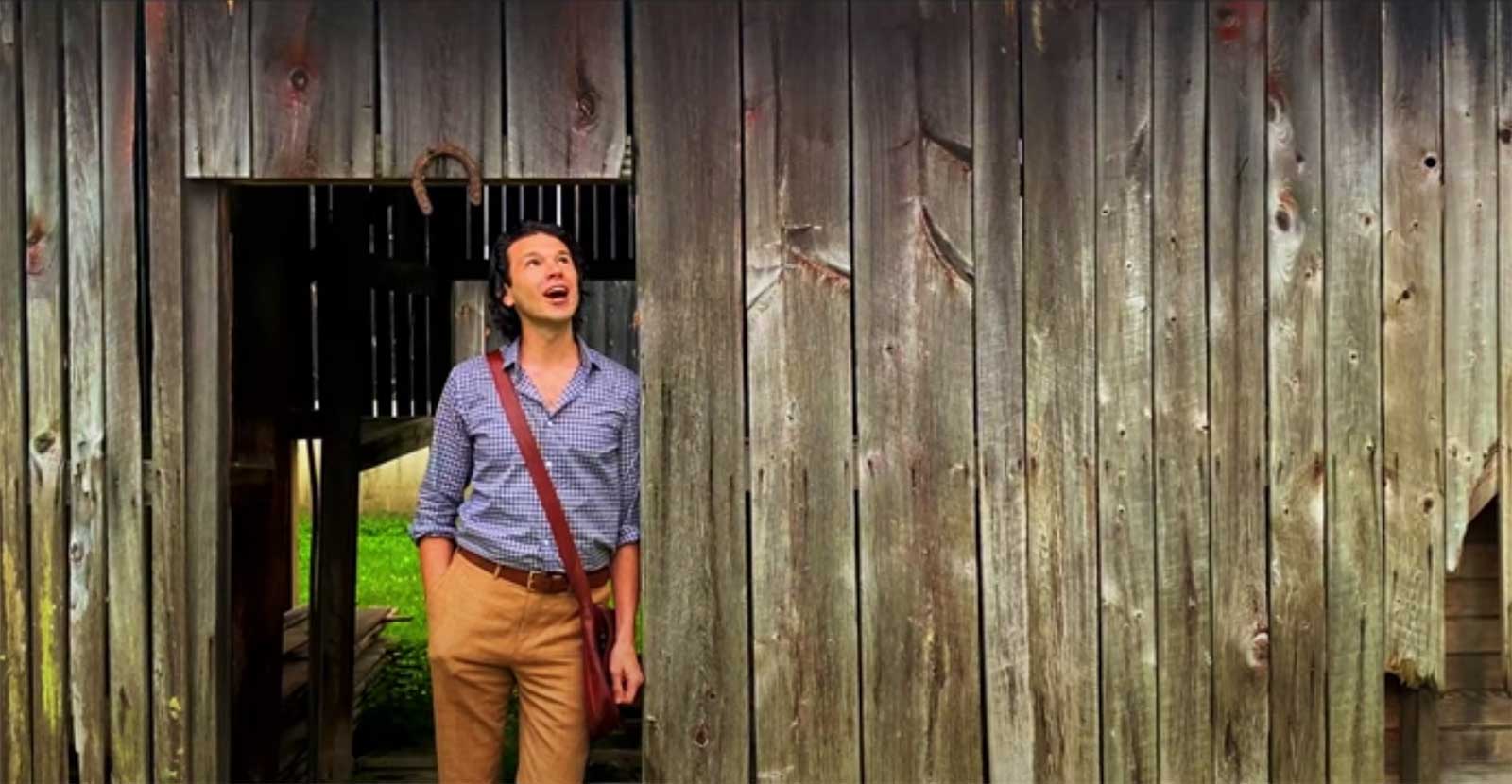A Tenor’s Journey
“Perfection is achieved, not when there is nothing more to add, but when there is nothing left to take away.” – Saint-Exupéry
I am on a quest for vocal perfection and I will not rest until I have achieved it. This quote by the French writer and aviation pioneer, de Saint-Exupéry serves as my guiding principle.
“Perfection is achieved…when there is nothing left to take away.”
Almost all of us are born with perfect vocal technique—an infant’s cry can reverberate for miles and continue for hours without fatigue for hours (believe me, I’ve witnessed it first hand). Vocal production that is efficient and free of tension, breath and sound in perfect harmony, all without any formal training whatsoever.
It is what we add in the following years: tensions, judgements, injuries and fears, that cause us to “lose” this capability. For most of us, vocal mastery comes by shedding “bad habits,” returning to the primal abilities of our infancy and refining them into something we call art.
My journey as an opera singer did not begin when I left home to study voice at NYU. It began the day I was born and will continue until the day I die. For me, this journey is a winding and bumpy road; for others, the path might be shorter, with fewer undulations. All of us, however, have a journey we must take.
Tenor or Baritone?
By the time I first began studying voice privately at age 14, my low notes were firmly in place…as were those tensions, judgements and fears I mentioned earlier. Throughout high school, I was classified as a high baritone/low tenor. Just the other day I found a concert program from my summer with Boston University’s Tanglewood Institute, an immersive summer program for high school students with a serious interest in music. In it, I was listed as a baritone. At the time, my voice functioned well up to a high A but experienced significant tension above that.
Despite singing my way through high school as a baritone, I entered NYU as a tenor. I had my heart set on singing Rodolfo in La Boheme and my teachers, confident that with training and time, believed I could do it. By sheer force of will, I got through NYU as a tenor.
By the time I auditioned for AVA at age 25, I was able to reliably produce a B flat, as long as the tessitura (average note height) of the aria wasn’t too high. I had also figured out how to strengthen my la and do di testa (falsetto) so that they sounded almost identical to a high note sung in chest voice (belt). With this technique, along with decent musicality and dramatic capability, I got into AVA.
I entered AVA as a leggero tenor (light tenor), singing roles like Fenton in Falstaff, Don Ottavio in Don Giovanni and Almaviva in Il Barbiere di Siviglia. From baritone to leggero tenor. Why? While at University, I developed a technique that involved substantially narrowing the voice, placing it high and forward in the mask (the region around your nose and eyes) and keeping the sound “small”.
While it might seem paradoxical, there are many roles for leggero tenor that do not require signing above a high A. What they do require is the ability to sustain a very high tessitura. This proved exceedingly difficult. While studying with Bill Schuman, my teacher at AVA, I was able to open my voice substantially and regain many of the qualities of sound that I possessed in high school. The vocal tension, however, never went away.
I graduated AVA and went straight to a summer as apprentice artist with the Santa Fe Opera, covering the role of Basilio in Nozze di Figaro. The summer at Santa Fe was a success but required the use of these tricks I developed over my years at AVA; Falsetto high notes, low tenor arias, etc. I knew that I could achieve so much more-if only I could tap into my potential. It was shortly after my return home from Santa Fe that Bill suggested I take a lesson with one of his students Donata D’Annuzio Lombardi.
That first lesson with Donata changed the course of my vocal journey. It was during that first lesson that I re-discovered my true voice. For fleeting moments, within the exercises and phrases she had me sing, I regained access to those primal abilities all of us possess at birth. I also re-discovered my lower register.
After careful deliberation with Bill, Donata, my wife Molly and a handful of other advisors, I made the switch back to baritone. Knowing all along the goal would be to take that natural sound, cultivate it, master it and bring it as high up as possible; so that one day, I would be able to switch back to tenor yet again, albeit in a darker and more lyric fach (sub category).
Seven years later and that time has finally arrived. Have I reached perfection as Saint-Exupéry defines it? By no means—I still have much to take away. What I have achieved is a level of freedom and mastery that gives me the ability and confidence necessary to make the switch.
I have practiced six days a week every week since the pandemic began and will continue to do so until we are back on the stage. Every day, a chance to shed another layer and journey towards that innate perfection inherent in all of us.


